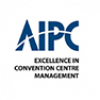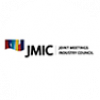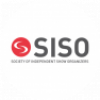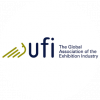COVID-19 AND THE MICE INDUSTRY IN SINGAPORE AND ASIA
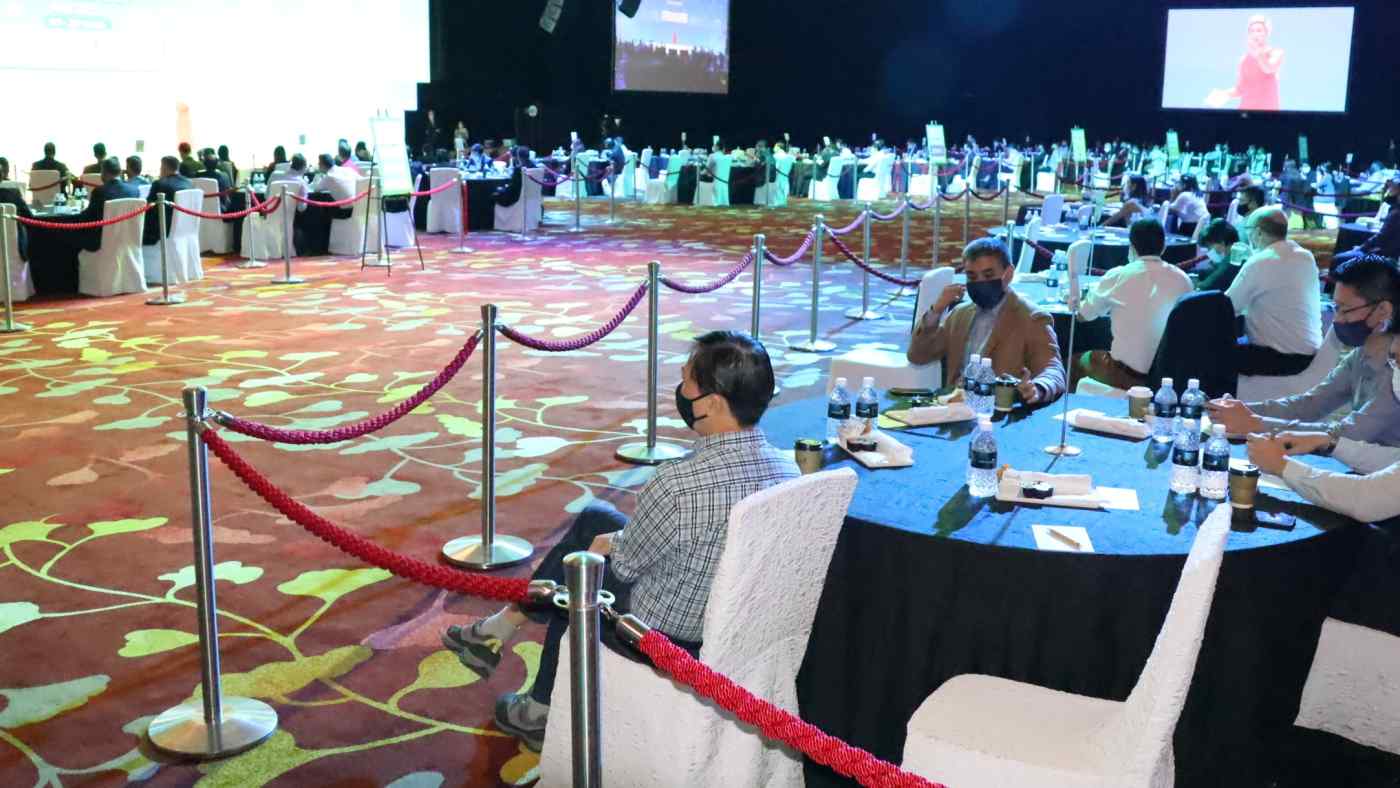
By Edward Liu, PBM, MBA, CEM, FMIS
Managing Director, Conference & Exhibition Management Services (Singapore / China / Malaysia)
With the onset of the coronavirus in January 2020, the Singapore Government had introduced the “Circuit Breaker” to partially lockdown the community and economy. Practically all the MICE events were cancelled or postponed indefinitely. Some of the events were rescheduled to the second half of 2021, while the bulk of international conferences and exhibitions were postponed to 2022.
Faced with the pandemic challenges, the Singapore Association of Convention & Exhibition Organisers & Suppliers (SACEOS), together with the Singapore Tourism Board (STB) and the Enterprise Singapore (ESG) came together and formulated a set of Safe Management Measures (SMM) protocols in the middle of last year. The STB also designed a Safe Business Events (SBE) framework to provide guidelines to the event organisers, on how to safeguard participants in mass events. Recently, the three parties also produced the first Technical References (TR) 84 for the enhanced safe management of MICE events.
Late last year, the Singapore government decided to allow the piloting of conferences and exhibitions based on the SBE framework and SMM protocols. Events such as the hybrid TravelRevive were held at the Marina Bay Sands Singapore in November last year, followed by the PCMA Convening Leaders Conference in January. Unfortunately, none of the major exhibitions have been held till date, due to the periodic spikes in coronavirus cases in the community.
With the cancellation or postponement of all physical exhibitions in Singapore last year, some of the event organisers including my own company had introduced virtual exhibitions, in order to continue servicing our regular exhibitors and trade visitors. CEMS had organised two editions of the Future Tea & Coffee (FTC) in June and November last year, using a platform developed by a software and tea trading company.
As the two virtual events were being organised as stopgap measures for the first time, it was difficult to convince companies of the true value of the digital platform. Hence, most of them were reluctant to sign up as trailblazers. Consequently, exhibit rates had to be suppressed in order to recruit some pioneering exhibitors. Overall, the results were satisfactory for all parties.
The key lesson learned is that virtual exhibitions might not be sufficient to attract the confidence and interest of companies to take part in digital events. Most companies would still prefer attending exhibitions in-person and they would not mind investing in another online booth, to boost their presence in cyberspace.
Going forward, our company would continue to introduce hybrid events on an existential basis in order to harness the potential in the space of digitalisation. This is to continue our arduous journey to recovery in the face of severe Covid-19 challenges.
The Government has recently announced a new strategy of ramping up the vaccination programme by 9 August 2021, the National Day of Singapore, to inoculate two-thirds of all Singaporeans and residents. It is envisaged that 80 per cent of the population would be vaccinated by end September or early October, thus creating herd immunity in the community. Consequently, border controls would be eased and leisure travelling allowed under certain pre-conditions.
Thus, it is conceivable that the Government would reopen most if not all economic sectors by the end of the year, in order to save lives and livelihoods.
As an international MICE hub in ASEAN and Asia, Singapore has always attracted a good number of global players such as Reed Exhibitions and Informa. In recent years, Montgomery Asia and Messe Munich have re-established their presence in Singapore with a view of expanding into the ASEAN region. Due to the pandemic conditions, these two latest organisers have postponed their events to 2022.
At the same time, with the merger of SingEx and SPHere into the new Constellar Holdings, the Singapore and ASEAN markets are likely to see more competition and more launches from 2022 onwards.
Montgomery Asia has been active in launching new titles in the specialty food and beverages sectors in Singapore, while Messe Munich is scheduled to replicate its Fenestration China series to Singapore, to complement the Glasstech Asia series which they had acquired from CEMS last year. With the appointment of Mr Jean-Francois Quentin as the Group CEO of Constellar Holdings, from Reed Exhibitions; the government-owned company is expected to launch new events and to play a leading role in Singapore and beyond.
In light of the current spike in cases in many Asian countries, the revival of the MICE industry, especially exhibitions, in Singapore is likely to be slow and steady. Full recovery could happen only by 2023 at the earliest. Exhibitors and trade visitors, who have been devoid of face-to-face interactions for the past 18 months and counting; are eager to get back to business as soon as possible. However, the drawbacks would be state of the pandemic and the rates of infections in high-risk countries; and the confidence of exhibitors and visitors in taking their first trips since the pandemic.
In Singapore, the venues have been given space and time to spruce up and re-engineer their premises in the past 18 months. They have also installed all the necessary gadgets and procedures to implement the Safe Management Measures (SMM) protocols. With all the guidelines in place, Singapore aspires to be the “safest destination in the world” to host international MICE events.
To be candid, the Singapore Government has done a wonderful job in keeping the Covid-19 pandemic in check. With some 300,000 migrant workers living in dormitories who were tested in the past 18 months, some 60,000 of them had been infected but have since recovered; with only 36 fatalities to-date, including many elderly Singaporeans. Hence, with the new strategy to fast track the vaccination of all Singaporeans and residents, including all migrant workers, Singapore could attain herd immunity by December at the latest. The intention is to treat Covid-19 as an endemic disease like the common influenza and dengue fever; and the routine practice would be to have regular jabs to prevent infection. In this way, Singapore would be opening up the economy soonest and would be conducting business as usual.
For me, physical exhibitions would always remain as the mainstay of the MICE industry in Singapore and globally. It has been from time immemorial. You can never replace the coveted face-to-face meetings which underpin the fundamentals of exhibitions and trade shows. To some extent, virtual events are an aberration! They were tried and tested when the commercial internet services were introduced in the late 1980s, but they never succeeded. This is because cyberspace cannot duplicate or replace direct human interactions.
Virtual events could only be an appendage to the physical exhibitions, playing a complementary role. At most, digital events could constitute some 20 per cent of the MICE business if done well, over time.
In view of the current deteriorating trade war between China and the United States, there is a danger that American organisers might face some challenges in the Chinese exhibition landscape in the near future. This might also affect the European organisers should their governments be perceived to be acting tough on China, at the behest of the United States.
Should this come to pass, some of these foreign organisers might have to consider re-locating some of their current operations in China to Singapore, as a beachhead to the larger ASEAN market of 662 million population. Hence, Singapore holds the promise of regaining its primal position as a global hub for the MICE industry in Asia. It really depends on how the Sino-US rivalry plays out in the months and years ahead.
Medical experts have stated that the invisible and omnipresent Covid-19 coronavirus is impossible to beat. It could only disappear with divine intervention. Hence, Singapore has accepted it as an endemic disease in the new normal, with its people being protected by the worldly vaccination. The MICE industry could rebound quickly if exhibitions could be held openly without restrictions for all participants, especially for those who have been fully inoculated. Thus, vaccination is the main key to unlocking the paradox of the endemic Covid-19 pandemic.”


